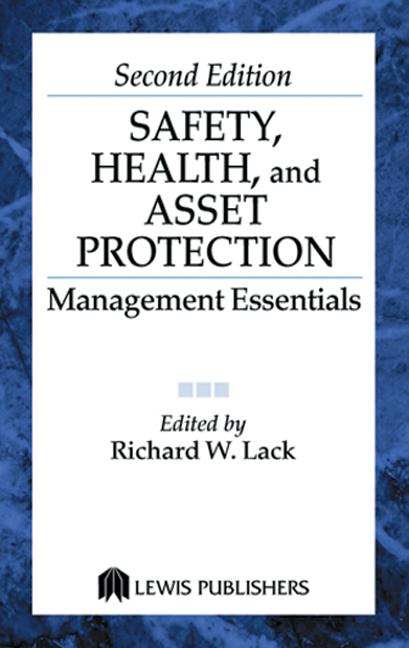If Congress – in its quest to rein in the federal deficit – decides to tax workers’ health benefits, more than half of American workers would either switch to a less costly plan, shop around, or drop coverage, according to new research from the nonpartisan Employee Benefit Research Institute (EBRI).
The 2012 EBRI/MGA Health Confidence Survey (HCS) finds that if current tax preferences were to change and employment-based coverage became taxable to workers, 26 percent would want to switch to a less costly plan, 21 percent say they would want to shop for coverage directly from insurers, and 9 percent say they would want to drop coverage altogether. However, nearly 4 in 10 (39 percent) individuals say they would continue with their current level of coverage, up 10 percentage points from last year’s HCS findings.
A key factor in choosing a job
While changes resulting from the Patient Protection and Affordable Care Act (PPACA) have raised concerns as to whether employers will continue to offer health coverage in the future, the 2012 HCS finds that health benefits remain a key a factor for workers in choosing a job, and health insurance in particular continues to be—by far—the most important employee benefit to workers.
“Most Americans are satisfied with the health benefits they have now and prefer not to change the mix of benefits and wages,” said Paul Fronstin, director of EBRI’s health Research and Education Program and author of the report. “About three-quarters say they are satisfied with the health benefits they currently receive, while 15 percent say they would trade wages to get more health benefits, and 9 percent say they would surrender health benefits for higher wages.”
Other HCS findings in workers’ opinions of employment-based health insurance:
Overall, individuals are of a mixed mind when it comes to their preferred means of obtaining health insurance. Four in 10 (38 percent) prefer to continue getting coverage as they do today. One-third (34 percent) preferred to choose their insurance plan, have their employers give them the money that was being spent on their behalf, and then pay the remaining amounts themselves. One-quarter (23 percent) prefer that their employers give them the money and allow the workers to decide whether to purchase coverage, and how much to spend.
Choice of health plans is important to workers, and they would like more choices, but most workers expressed confidence that their employers or unions have selected the best available health plan Moreover, they are not as confident in their ability to choose the best available plan if their employers or unions did, in fact, stop offering coverage.
Full results of the 2012 Health Confidence Survey are published in the December 2012 EBRI Notes, “Views on Employment-Based Health Benefits: Findings from the 2012 Health Confidence Survey,” online at www.ebri.org The HCS examines a broad spectrum of health care issues, including Americans’ satisfaction with health care, confidence in the future of the nation’s health care system and the Medicare program, as well as their attitudes toward certain aspects of health care reform.
About the EBRI
The Employee Benefit Research Institute is a private, nonpartisan, nonprofit research institute based in Washington, DC, that focuses on health, savings, retirement, and economic security issues. EBRI does not lobby and does not take policy positions. The work of EBRI is made possible by funding from its members and sponsors, which includes a broad range of public, private, for-profit and nonprofit organizations. For more information go to www.ebri.org or www.asec.org


